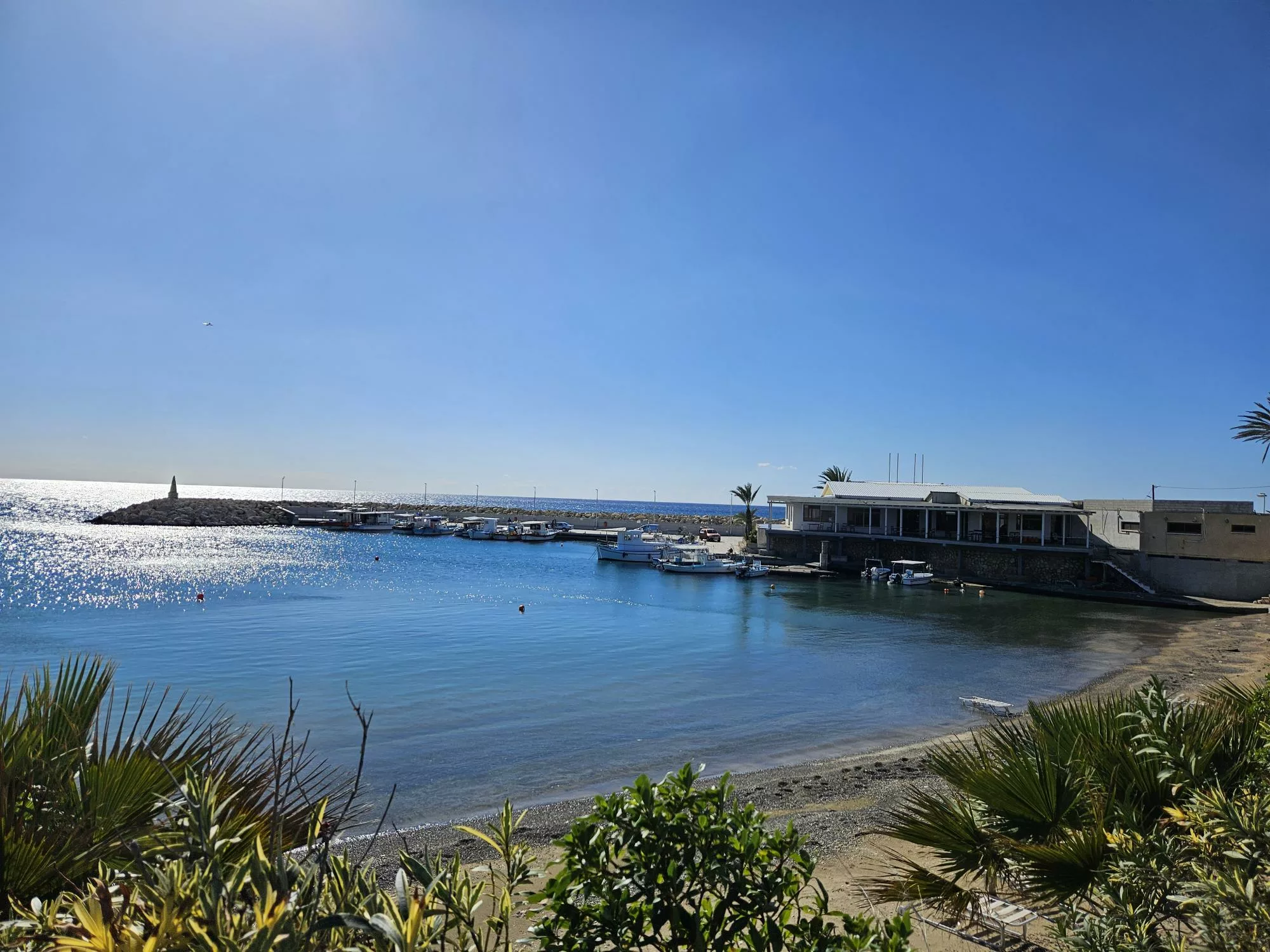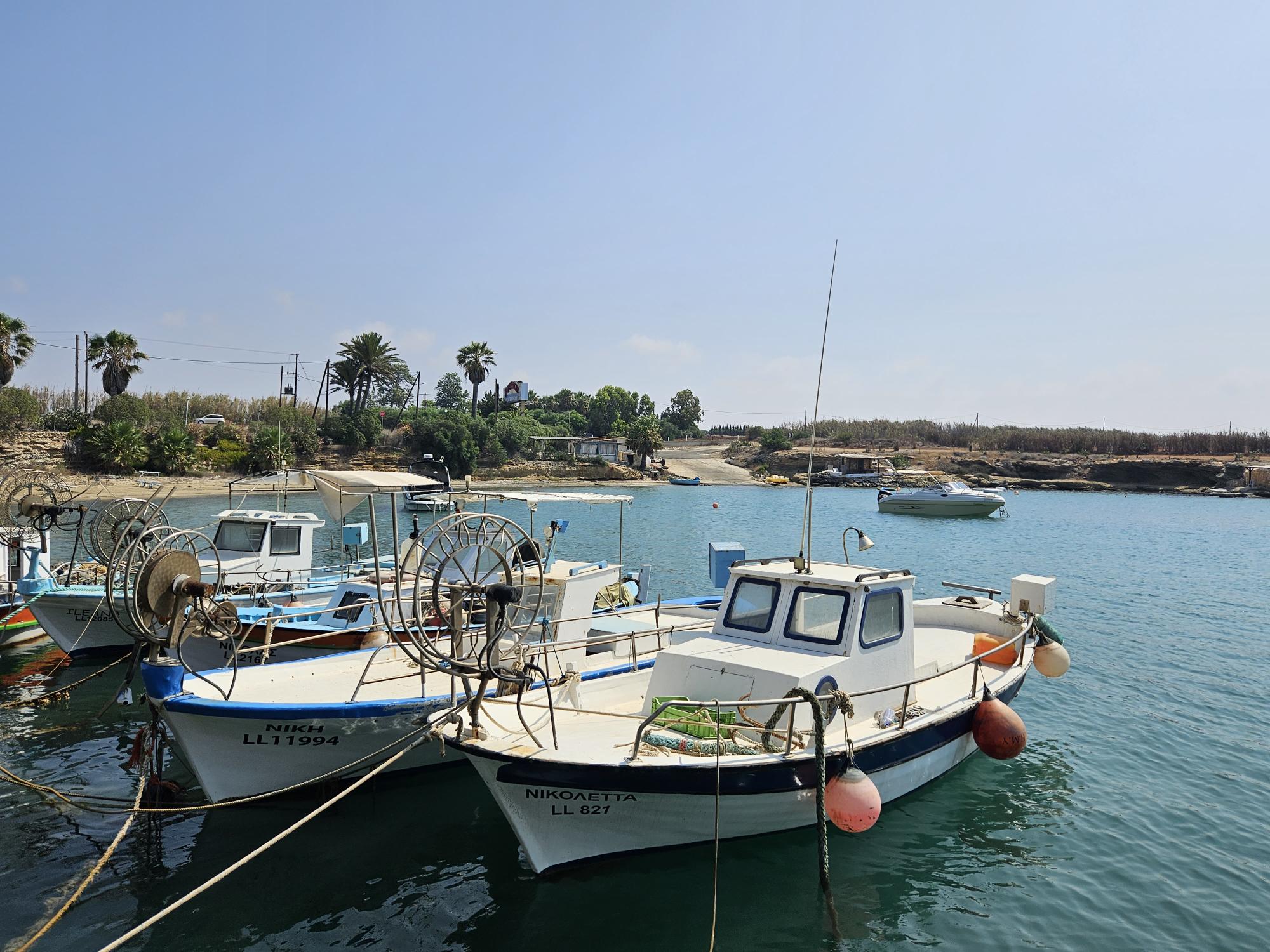To help prospective buyers avoid making costly mistakes, Charles Savva outlines the top 10 pitfalls to avoid when buying property in Cyprus and how to ensure that property purchases move forward smoothly and efficiently.
By: Charles Savva
Published: Friday 16th February 2018

PURCHASING property in Cyprus can involve a number of pitfalls. Potential purchasers are advised to exercise extreme caution when buying property, especially if the title deed is not readily available, which is a common scenario when purchasing new property in Cyprus.
Many EU and non-EU high-net-worth individuals seek to acquire property in Cyprus through the citizenship-by-investment programme or a residency-by-investment application. This update outlines the top 10 pitfalls to avoid when buying property in Cyprus and how to ensure that property purchases move forward smoothly and efficiently.
Not appointing a property lawyer
Appointing a lawyer who specialises in property is of paramount importance. The biggest mistake that can be made is signing a purchase contract presented by a developer (an all-too-common occurrence). Such contracts are unlikely to protect the buyer and are generally heavily biased in the developer’s favour. Further, buyers must be wary of lawyers acting for vendors or builders and who are therefore not independent. This is the equivalent to not appointing a lawyer. A reliable lawyer who is proficient in the purchaser’s language and independent of the other parties involved in the transaction is the most important consideration when buying property in Cyprus. A good lawyer makes these potential pitfalls easier to navigate. In short, property is a major investment and should not be undertaken without engaging a specialised property lawyer.
Ensure that property is not subject of ownership dispute
Property to be purchased must not be the subject of an ownership dispute, something that is common in divorce proceedings, for example. Such a scenario can generally be avoided by purchasing property from a reputable developer. However, this is not always the case, especially in recent years where developers have become active in assuming an intermediary role for resale properties (typically for properties which they have developed and sold to clients in the past).
Hidden commissions
Hidden commissions negotiated between an agent or intermediary and the vendor (in most cases a developer) are arguably the most costly pitfall when purchasing property. Such commissions can range from 5% to 50% or more. Such costs can be avoided by engaging a reputable lawyer who is readily able to provide potential clients with the required references.
Failure to consider all relevant costs
It is important to calculate the value-added tax (VAT) (ie, nil, 5% or 19%), transfer fees, stamp duty, legal fees, disbursements and immovable property taxes that will be applicable for real estate purchases as early as possible in order to budget accordingly. VAT is often misunderstood and misrepresented by developers and advisers in Cyprus. Property purchasers who have made uniformed VAT elections often find themselves either unable to manage their properties as they wish or facing significant VAT liabilities.
Handing over reservation fee without written reservation terms
If a purchaser is asked to pay a reservation fee to a developer, it should ensure that something is put down in writing, ideally by an appointed lawyer, to confirm: how much was paid; the circumstances in which a refund will be paid; and the full purchase price for the property, which may be reduced in some circumstances.
Signing contract of sale without undertaking due diligence
While lawyers are not required to conduct due diligence automatically, such as a mortgage check, a good lawyer should do this as a matter of course. In 2011 the government introduced a specific performance law to provide a contract of sale precedence over any pre-existing mortgage; however, a check should be undertaken to examine whether any mortgages have been placed on the land before purchase to avoid potential difficulties later on. A contract of sale cannot be properly drawn up without considering the results of these searches. Further, purchasers are advised not to rely on developers to conduct due diligence even if they provide official extracts from the Land Registry and other government departments.
Failure to put everything in writing
Purchasers are recommended to ensure that all points negotiated are set out in the contract of sale, particularly any agreed extras. This includes an inventory of any necessary repairs or damages.
Failure to deposit contract of sale
A contract of sale must be deposited with the Land Registry within the timeframe specified by law. The purchaser will lose important legal rights if this is not done. Further, a contract of sale must be stamped within the timeframe specified by law, otherwise the purchaser will be liable to pay penalties.
Failure to focus on material contracts connected to property
Many luxury villas and apartments will require a property management agreement to be executed, a service that is commonly offered by developers. This is a material agreement and the required attention should be given to understanding all terms and conditions to ensure that the purchaser’s property is maintained and secure during any absences from Cyprus.
Failure to make a will
The Cyprus Law governs all immovable property situated in Cyprus, which includes an element of forced heirship. However, certain categories of foreign purchasers are entitled to bypass these rules and make a will to pass down the property as they wish. Purchasers should draft a will as soon as property is purchased in Cyprus.
Comment
It is important to learn from the lessons of purchasers who have bought property in countries such as Spain, Italy, France, Portugal, Greece and Cyprus before the financial crisis and who remain embroiled in expensive legal battles. Despite this, the property dream is still alive, with millions of Chinese, Russian, British and high-net-worth individuals considering buying abroad even more so than before the financial crisis according to the latest research by HSBC. Avoiding these pitfalls in Cyprus becomes all the more important in property investment, when the investor is typically investing as part of a citizenship-by-investment application and such an investment typically ranges between €2 million and €2.5 million. Most of the potential problems encountered when buying property in Cyprus could be avoided if the above pitfalls are considered.Above all, it is paramount to obtain independent legal advice from a competent lawyer. A good lawyer should ensure that purchasers are protected from all other pitfalls on this list.
About the author
Charles Savva is the Managing Director of C. Savva & Associates Ltd (S&A); a CySEC licensed Fiduciary Company and Private Client Services provider in Cyprus.
For further information on this topic please contact Charles Savva.
Read more at: http://www.news.cyprus-property-buyers.com/2018/02/16/pitfalls-to-avoid-when-buying-property-in-cyprus/id=00153205
Copyright © Cyprus Property News





